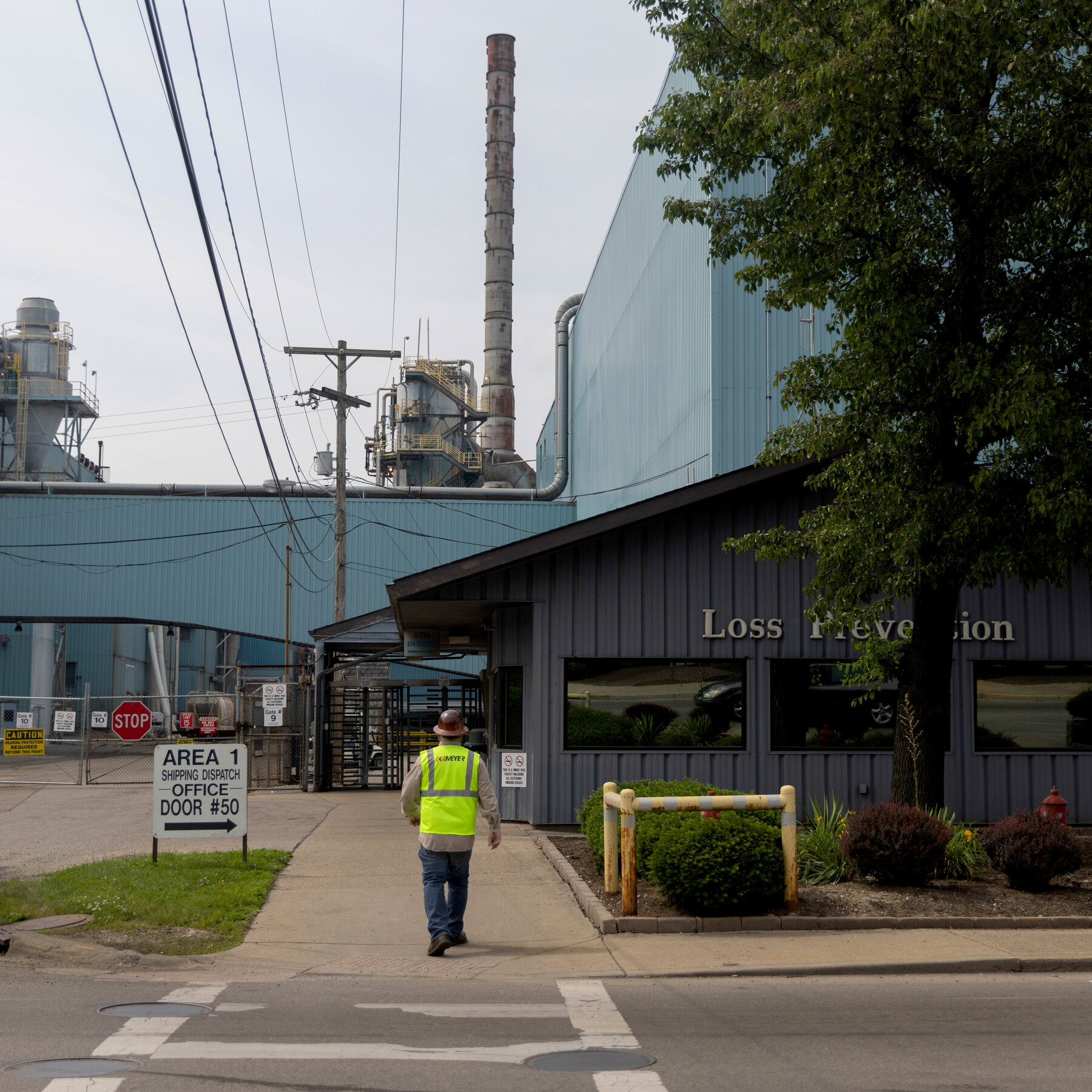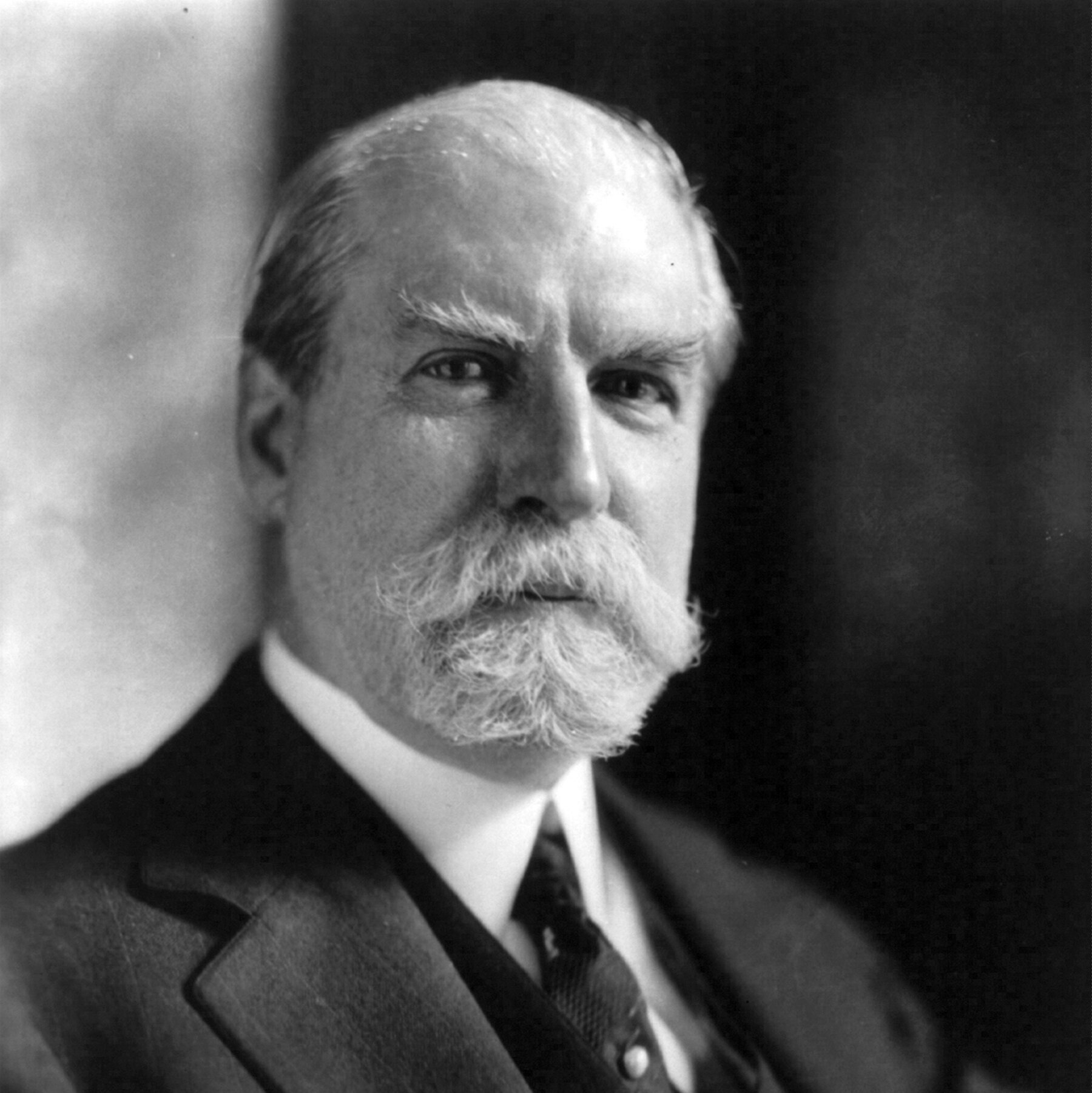A Stand Against Coal Could Push Oakland Toward Bankruptcy
Background
In early 2024, the city of Oakland, California, terminated a long‑standing agreement that would have permitted a Kentucky‑based mining firm to transport coal through a local port. The decision was hailed by environmental groups as a bold move toward clean energy, but it also set off a chain of legal and financial repercussions.
Legal Fallout
The mining company, Bluegrass Coal Corp., argued that Oakland’s abrupt cancellation breached the contract and caused irreparable damage to its operations. After a series of lawsuits, a federal court ruled in favor of the plaintiff, stating that the city must compensate the company for lost profits, contractual penalties, and related expenses.
Financial Impact on the City
Judge Marilyn Torres ordered Oakland to pay hundreds of millions of dollars—a sum that far exceeds the city’s annual budget for infrastructure and public services. City officials now face a daunting choice: raise taxes, cut essential programs, or seek a bankruptcy filing to restructure the debt.
Potential Consequences
Should Oakland pursue bankruptcy protection, the move could reshape the city’s fiscal landscape for years to come. Critics warn that essential services such as public safety, education, and housing assistance could be jeopardized, while supporters argue that the city’s commitment to climate justice outweighs the short‑term economic strain.
Looking Ahead
Mayor Jenna Morales has pledged to negotiate a settlement that minimizes the financial blow while maintaining Oakland’s environmental standards. The outcome will likely serve as a precedent for other municipalities considering similar actions against fossil‑fuel projects.





